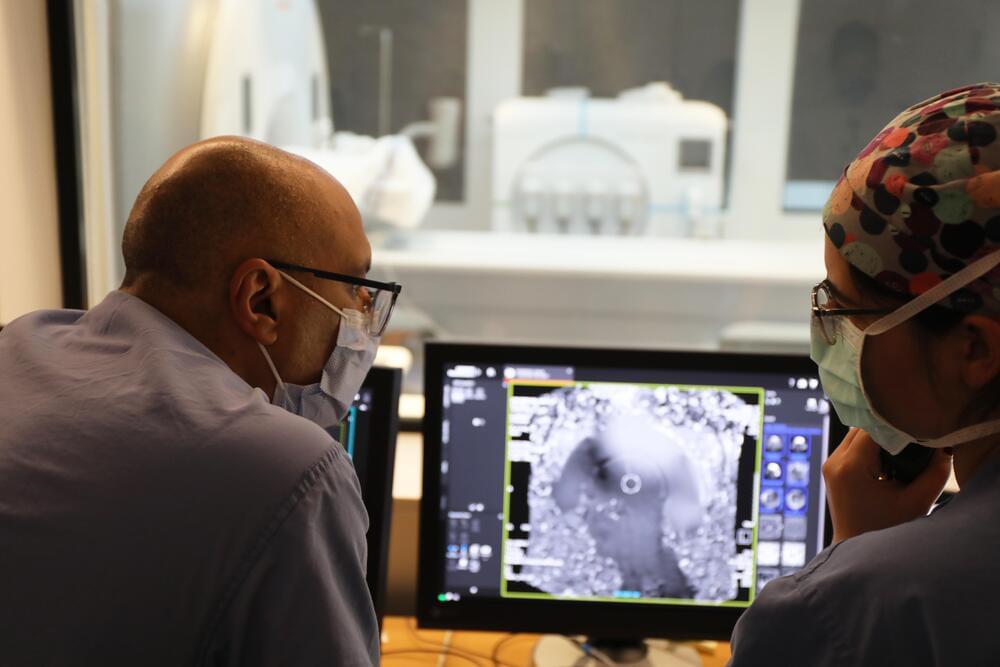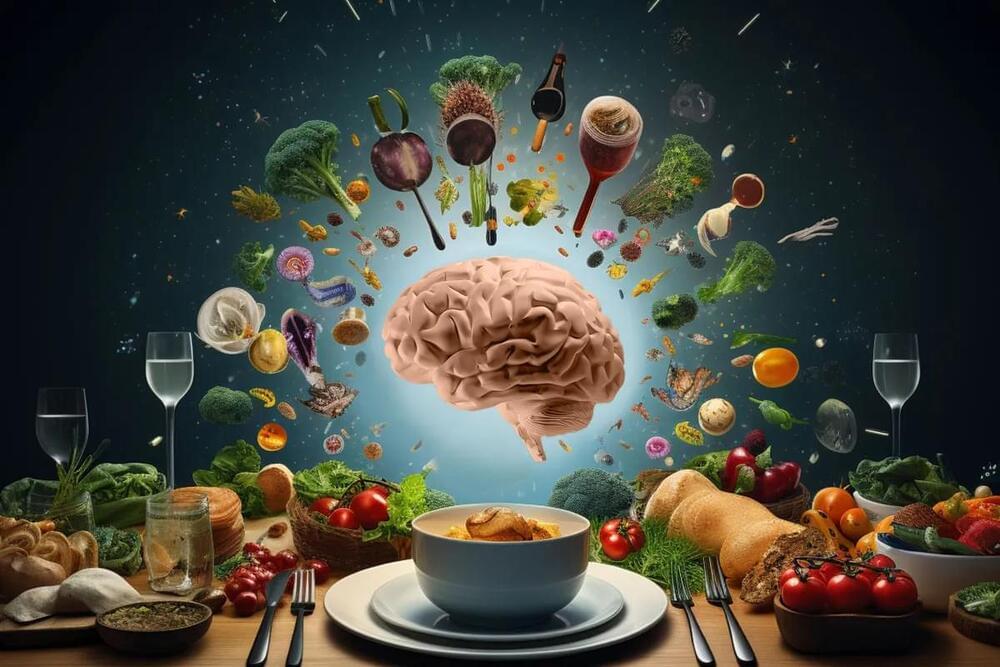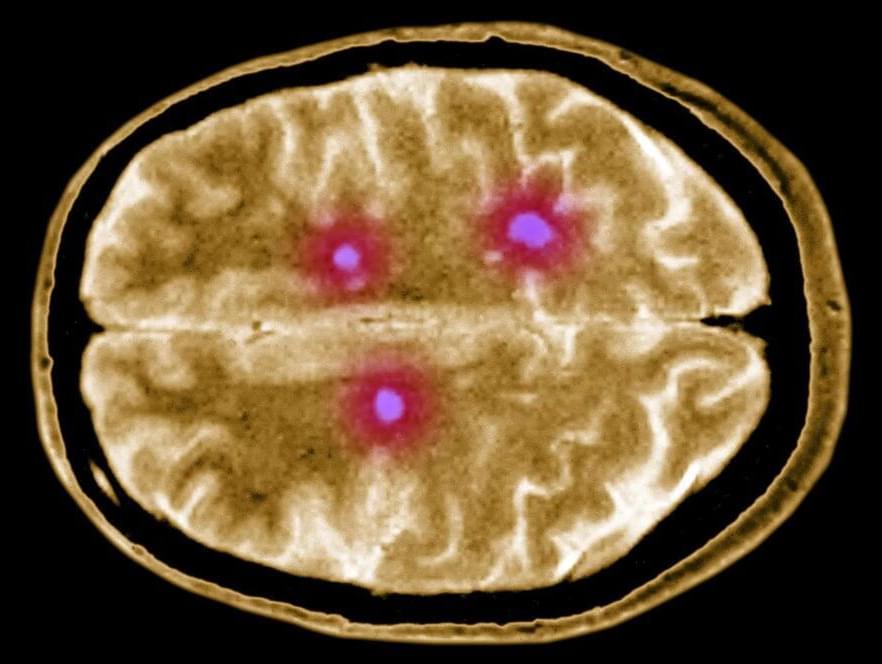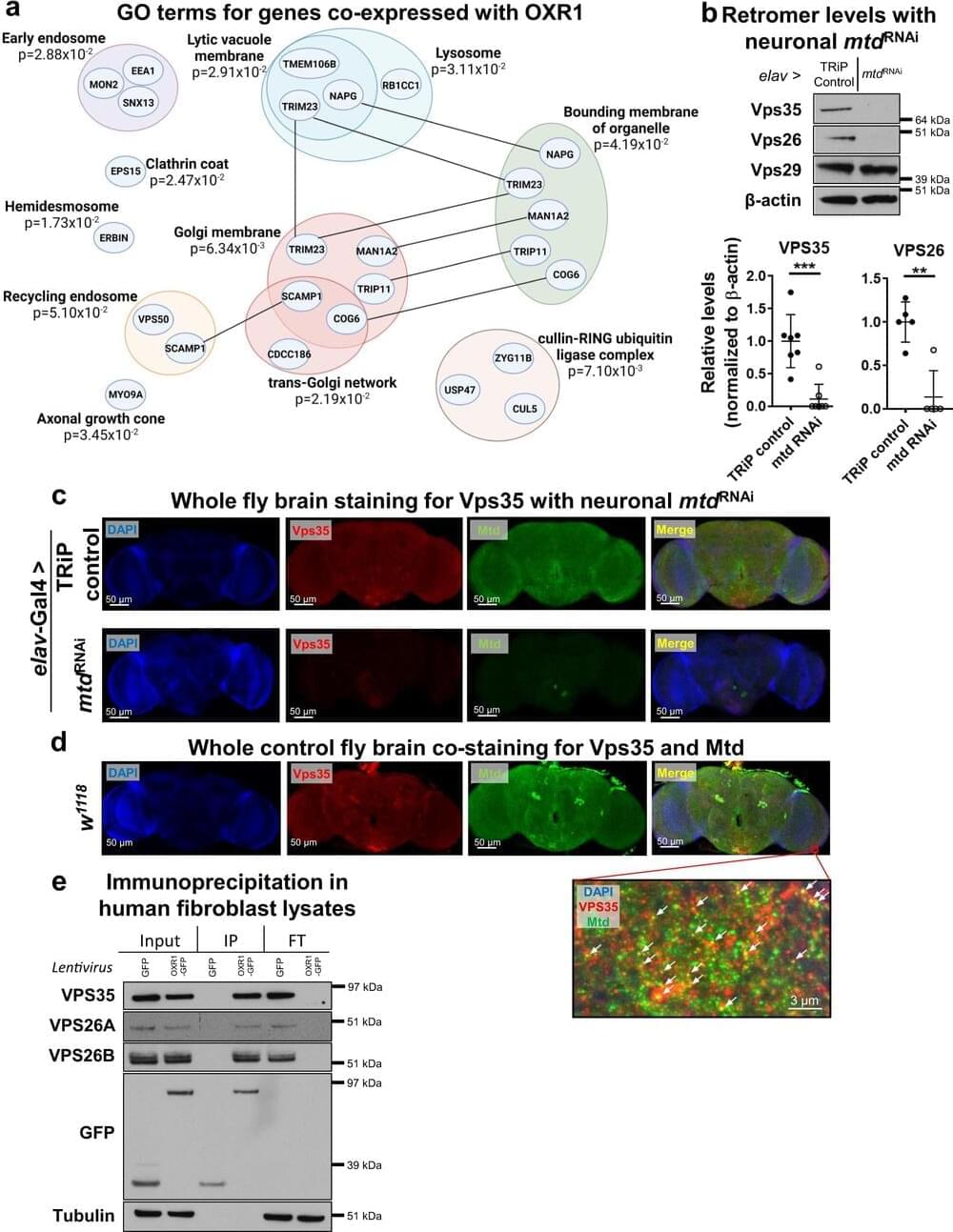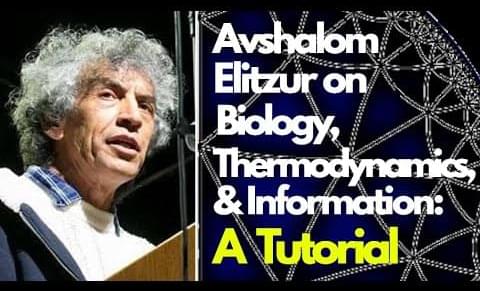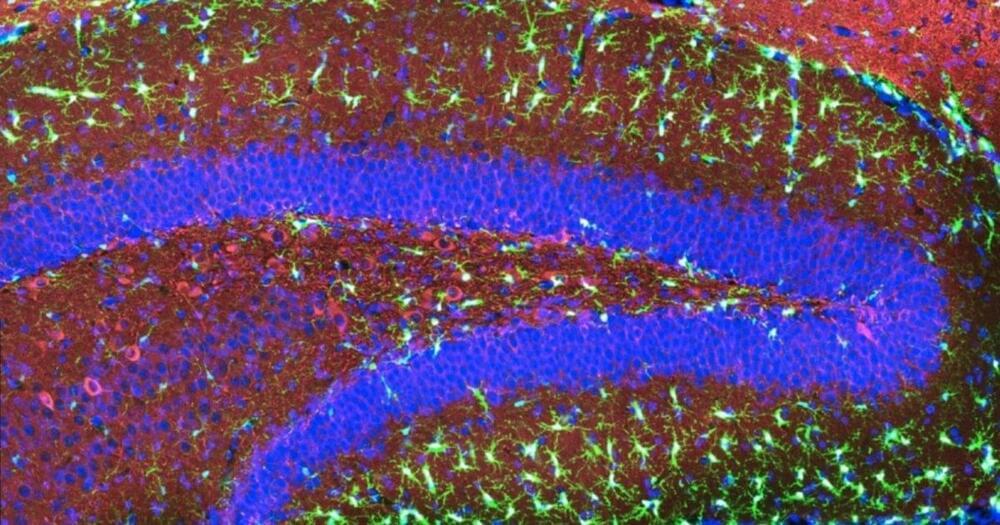
Fresh from announcing positive Phase 1 trial results for its inflammation-targeting drug candidate, Utah-based biotech Halia Therapeutics is now pursuing Phase 2 studies in a range of indications. The Salt Lake City company’s lead compound is an inhibitor of the NLRP3 inflammasome, a known driver of systemic chronic inflammation, which is linked to conditions including fibrotic disease, Alzheimer’s, Parkinson’s and many others.
Halia is taking a unique approach to the NLRP3 inflammasome by targeting the protein NEK7, which plays a key role in gene’s activity. In preclinical models, the company has shown its approach disrupts the formation of the NLRP3 inflammasome and promotes its disassembly once activated, reducing the overall inflammatory response. In its recent Phase 1 trial, in addition to showing positive safety and tolerability data, Halia’s drug demonstrated positive effects in blood samples taken from healthy volunteers, showing “over 90% suppression of multiple NLRP3-mediated cytokines and chemokines.”
Longevity. Technology: Chronic inflammation is a frequent topic of discussion in longevity circles. The term “inflammaging” refers to the increase of inflammatory cytokines in our bodies as we age, which is linked to chronic morbidity, disability, frailty and premature death. While there is no doubt that Halia believes that its approach can potentially impact many diseases, does the company have aging itself in its sights? We caught up with CEO Dr David Bearss to find out.
